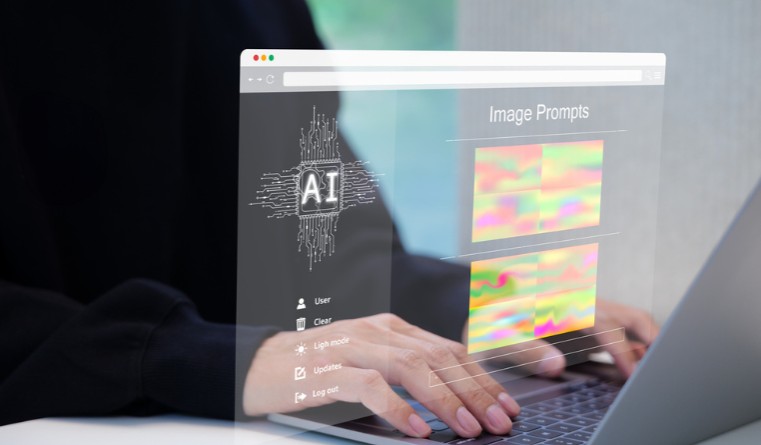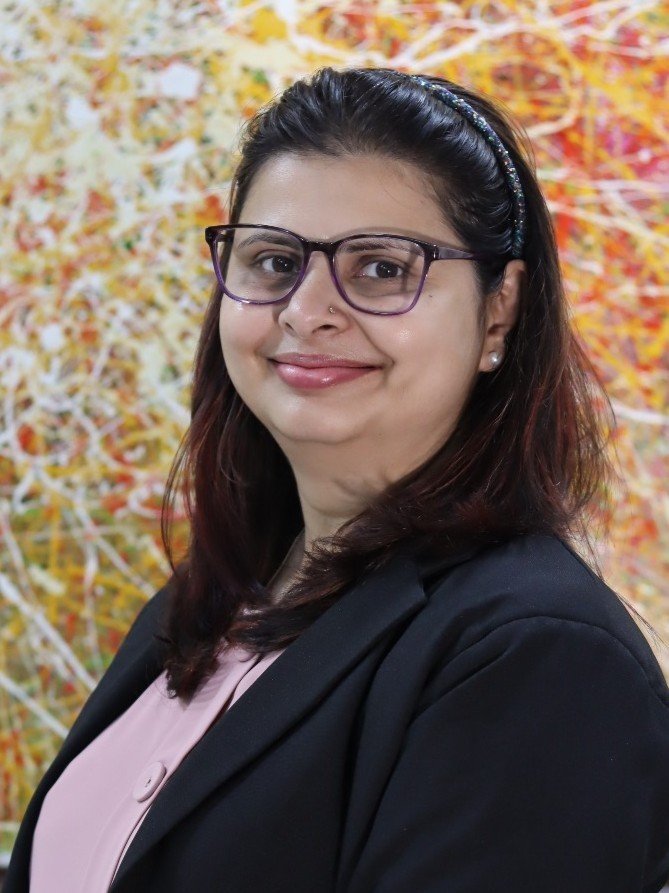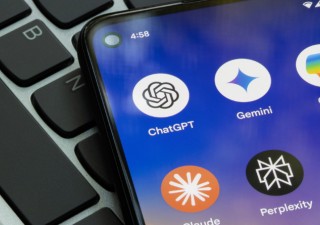India has to streamline contractual relationship between AI companies, digital content creators – IP lawyer
02 July 2025


Rashi Gahlaut | senior associate @ Khurana & Khurana, Noida
Intellectual property lawyer Rashi Gahlaut, a senior associate at Khurana & Khurana in Noida, emphasized the urgent need to streamline the contractual relationship between artificial intelligence companies and digital content creators in India.
“AI companies, whether foreign or Indian, must negotiate licensing deals or royalty arrangements with Indian publishers or they may have to exclude unlicensed Indian content from their training sets,” Gahlaut told Asia IP.
“There is, however, an urgent need for transparency and consent mechanisms between the AI companies and the original creators or publishers if the latter’s work is being used for AI training and applications. This would establish the precedent for AI regulation through existing copyright law without needing new legislation,” she added.
Gahlaut made these statements in reaction to theDigital News Publishers Association’s (DNPA) statement that the use of digital content for AI training without consent from news publishers constitutes copyright infringement. DNPA is lobbying for copyright protection for news content used in AI training.
Under DNPA’s umbrella are 20 leading digital news platforms in India.
“DNPA firmly believes that utilizing the content of digital news publishers without consent for AI training and subsequent generative AI applications, such as search assistance and information purposes, constitutes an infringement of copyright. The association advocates for a regime that ensures fair compensation for content producers, recognizing their rights in the digital landscape,” DNPA said in its statement, as reported in an article by The Indian Express.
In November 2024, Indian news agency Asian News International (ANI) filed a copyright suit against OpenAI at the Delhi High Court – the first media outlet in India to file a case against the AI company for copyright issues. ANI accused OpenAI of using its copyrighted articles without permission to train ChatGPT, which OpenAI denied.
In early 2025, DNPA officially intervened in the case, asserting that OpenAI’s activity equates to infringement.
According to Gahlaut, some key points of law and practice have been highlighted in this regard. “DNPA maintains that OpenAI is required to seek licensing from Indian publishers before using their content to train their AI models. Further, OpenAI’s actions, undertaken without a licence in India, are unfair and discriminatory considering that they get such licenses from publishers when operating in the EU and the U.S.,” she said.
“DNPA also argues that Indian courts have jurisdiction over foreign AI firms if Indian content is being used. OpenAI, on the other hand, asserts that using content for AI training is ‘transformative’ and does not directly reproduce the original material and the public has benefitted from the resultant AI tool,” Gahlaut added.
Section 52 of India’s Copyright Act of 1957 outlines certain exceptions to copyright infringement under “fair use” or “fair dealing.” These exceptions include private use, research, criticism and review.
However, Gahlaut revealed these exceptions are narrow and do not explicitly cover AI training and the commercial end uses of the products arising from such training such as subscription-based versions of public AI tools. “For instance, the law is unclear on whether AI training by technology companies falls under the ambit of private research. The absence of provisions that can cover the new uses of public data creates a grey area,” she pointed out, “and may lead to increasing disputes until the law is updated and amended.”
That the public benefits from the resultant AI tool, as OpenAI asserted, is another, broader argument, said Gahlaut. She explained: “It is creating and refining generative AI – the next generation of AI tools. Therefore, restricting access to publicly available information could create an impediment in the development of AI in India.”
While such an argument is plausible, Gahlaut said it does not consider the direct and current impact of such use on the news organizations, authors, journalists and artists who are producing such content. User traffic will possibly be diverted from these news sites to the AI tools. Less traffic affects advertisements and subscription revenues, impacting business profits.
Gahlaut also said that Indian courts must have lawyers and judges who are knowledgeable about AI and how its development affects fair and unfair uses of copyrighted materials, as well as the possible misuse of AI.
- Espie Angelica A. de Leon






